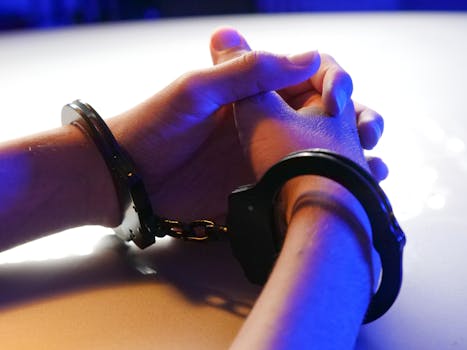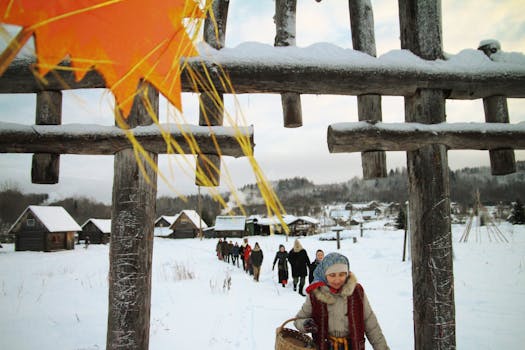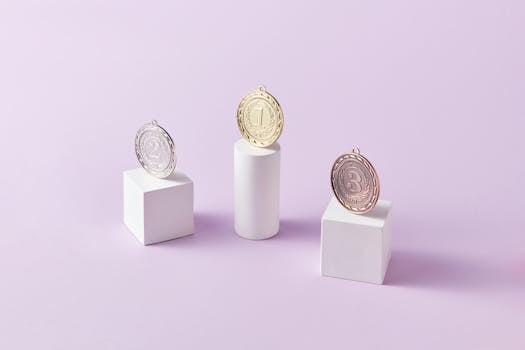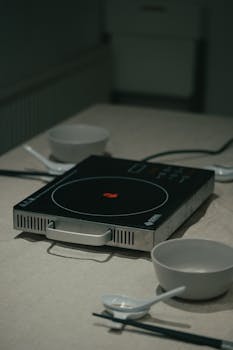Libyan war crimes suspect arrested in Germany under ICC warrant
Who was arrested?
The suspect, currently identified only as "Citrus," was indicted by the International Criminal Court (ICC) in April of this year, according to statement released by the court. The suspect, a member of the Libyan National Army (LNA), was accused of committing war crimes in the city of Tarhuna in 2020.
War Crimes Allegations
The ICC stated that the suspect was allegedly involved in attacks on civilians and executions of prisoners of war. The crimes are alleged to have taken place between March and June 2020, when fighters under the command of Citrus took control of several neighborhoods in Tarhuna. According to the ICC, Citrus was seen by several witnesses instructing his troops to keep civilians away from areas where fighters were stationed.
Arrest and ICC Statement
The arrest occurred on Saturday, July 15th on the basis of a warrant issued by the ICC. The German authorities were fully informed of the arrest and extradition proceedings, according to a statement released by the court. The ICC did not disclose the identity or location of the suspect, but did state that Citrus was arrested on the territory of a country that is not a state party to the Rome Statute.
Previous Arrests
This is the fourth time that a suspect wanted by the ICC has been arrested in Germany. The most recent arrest occurred in April of this year when former Darfur janjaweed leader Ali Kushayb was arrested in the German town of Dusseldorf. He is currently standing trial at the ICC.
International Reactions
The arrest came on the heels of a joint statement released by the United Nations Human Rights Office and the U.N. Assistance Mission in Libya (UNSMIL). The statement called for all parties in the conflict to protect civilians as fighting rages in and around the capital city of Tripoli.




